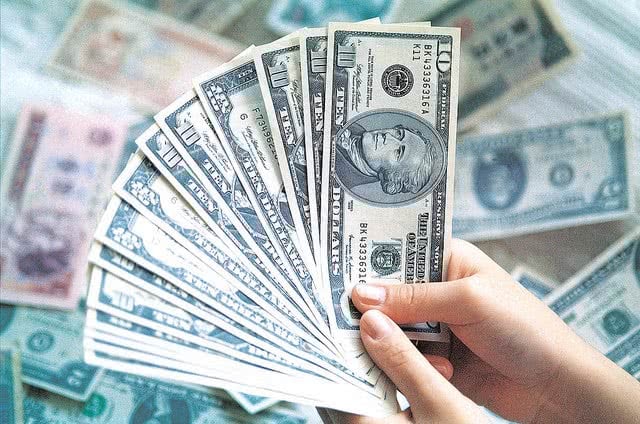
Flickr user margarita lopez
By default, students have to start making their loan payments six months after they graduate. But, if you can afford it, you have the option to repay your student loans while you are still in school.
This may or may not be the right option for everyone. Understanding the pros and cons of making early payments will help you make a decision that is right for you.
Pros of Repaying in School
Pay Less Overall: The biggest advantage of repaying student loans while you are still in school is obvious—the earlier you pay off your student loans, the lower the accrued interest amount, which means you will save a substantial amount just on the interest rates itself. Don’t forget, your loan accrues interest even while you’re still in school. If you repay early, it means you’re at least paying off any interest you accrued during your time in college.
Debt-to-Income Ratio: Early payments also help to lower your debt-to-income ratio, which increases your likelihood of getting approved for a mortgage or any other loan after you graduate.
Of course, the peace of mind you will get from knowing that you are free from debt cannot be overlooked.
Cons of Repaying in School
Time / Focus: To start repaying loans, you have to have income and to have income, you need a part-time job. This will take time and attention away from your studies, which can affect your grades.
Stress: College can feel like a juggling act sometimes. Between classes, study, activities, hanging out with friends, and part-time jobs, adding student loan repayments on top of it can frazzle a student’s nerves.
Some students need that 6-month grace period, others can handle the balancing act while they’re still in school.
Use College Raptor’s free Student Loan Finder to compare lenders and interest rates side by side!


